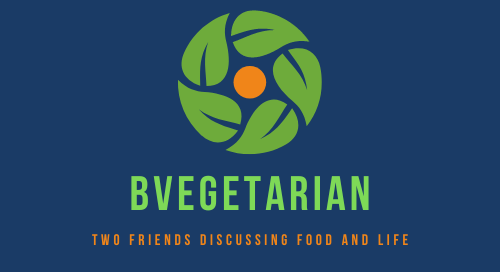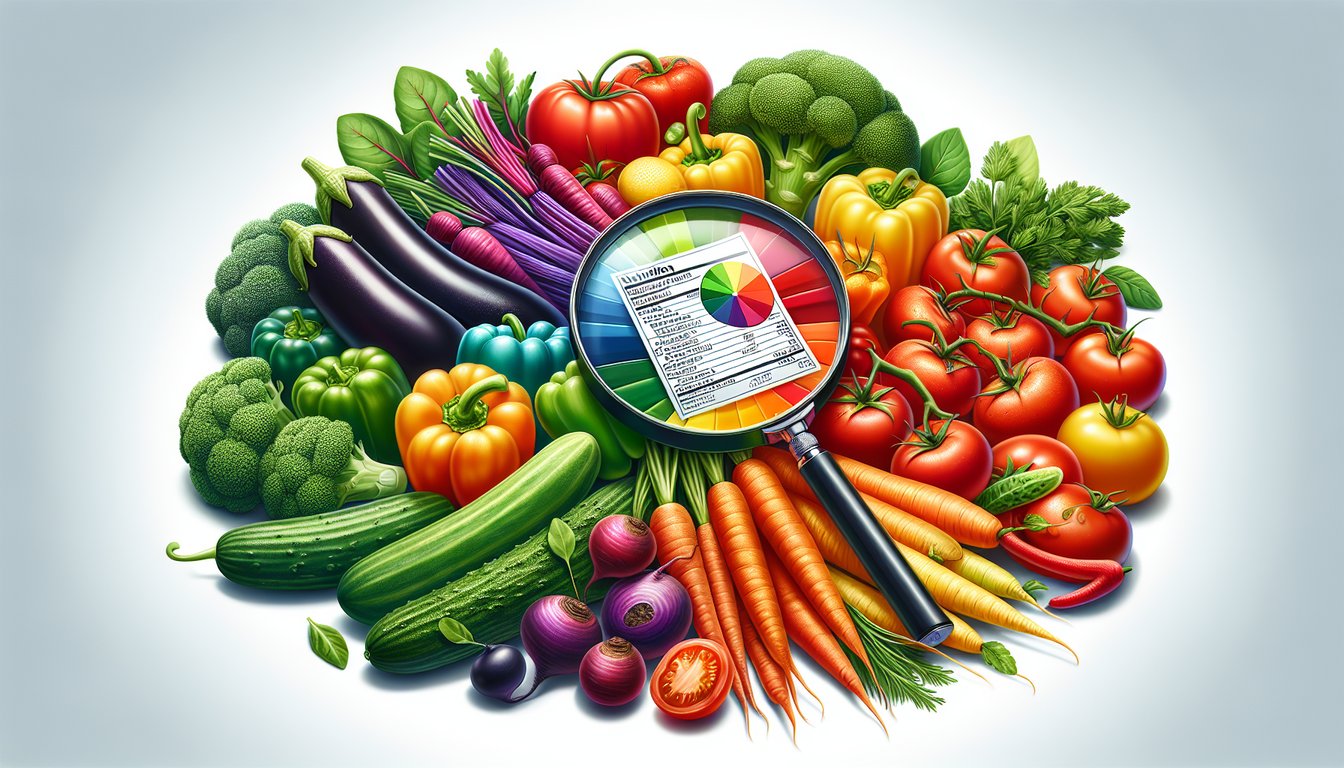Welcome to the world of vegetarianism, where the journey of eating well begins with understanding what’s on your plate – quite literally. Navigating the aisles of your local grocery store in search of vegetarian-friendly fare can be a daunting task, but no more! bvegetarian is here to empower you with the knowledge to decode food labels, ensuring that your meals not only taste great but also align with your dietary choices and values. So, let’s delve into the art of reading and understanding food labels on vegetarian products together.
Key Elements of Food Labels
First and foremost, it’s important to understand the basic components of food labels that are relevant to vegetarians:
- The Ingredients List: This is the heart of any food label. Vegetarians should look for any hidden animal-based products such as gelatin, rennet, or certain E-numbers derived from animals.
- Nutrition Information Panel: Here you can check for the levels of nutrients like protein, which is crucial in a plant-based diet.
- Certification Labels: Labels such as the Vegan Society Trademark or Certified Vegetarian can assure you of the vegetarian status of the product.
Understanding Ingredients
Deciphering ingredient lists can be tricky; they are often a mix of familiar items interspersed with scientific-sounding components. To aid in this, here are some ingredients vegetarians should be wary of:
- Casein & Whey: Milk derivatives, often found in “non-dairy” products.
- Monoglycerides & Diglycerides: These can be plant-based or animal-derived. If the label doesn’t specify, you may need to do further research or contact the manufacturer.
- Isinglass: A substance obtained from fish bladders, sometimes used in the clarification of beer and wine.
For a deeper understanding, visit the Vegetarian Resource Group which offers a comprehensive breakdown of ingredients.
Nutritional Aspects to Consider
As a vegetarian, certain nutritional metrics on food labels should be on your radar:
- Protein Content: Vegetarians often need to ensure they are getting enough protein from sources such as legumes, nuts, and seeds.
- Iron and Calcium Levels: These minerals are essential and can be found in fortified foods or naturally in certain plant-based foods.
- Vitamin B12: This vitamin is predominantly found in animal products, so vegetarians should look for fortified foods or supplements.
For more information on maintaining a balanced vegetarian diet, The Vegetarian Society offers excellent resources.
Certifications and Labels
Food certifications can provide a quick reference to the product’s suitability for vegetarians. Look out for:
- Vegetarian Society Approved: A widely recognized certification indicating the product is vegetarian-friendly.
- Vegan Certified: While vegan products are inherently vegetarian, this label ensures no animal products or by-products are included.
- Non-GMO Project Verified: Many vegetarians choose to avoid genetically modified organisms, and this label indicates the product is GMO-free.
Final Thoughts
You are being a vegetarian for several reasons, one of them is your long term health goals. I tend to avoid prepackaged foods and therefore not have to worry about what I am putting in my mouth unless I am traveling. You can always eat unhealthy even if you stick to the vegan or vegetarian foods but knowing how to read labels helps. Remember, bvegetarian is always here to help with recipes, how-to guides, and educational content to support your vegetarian journey. Happy label reading!


